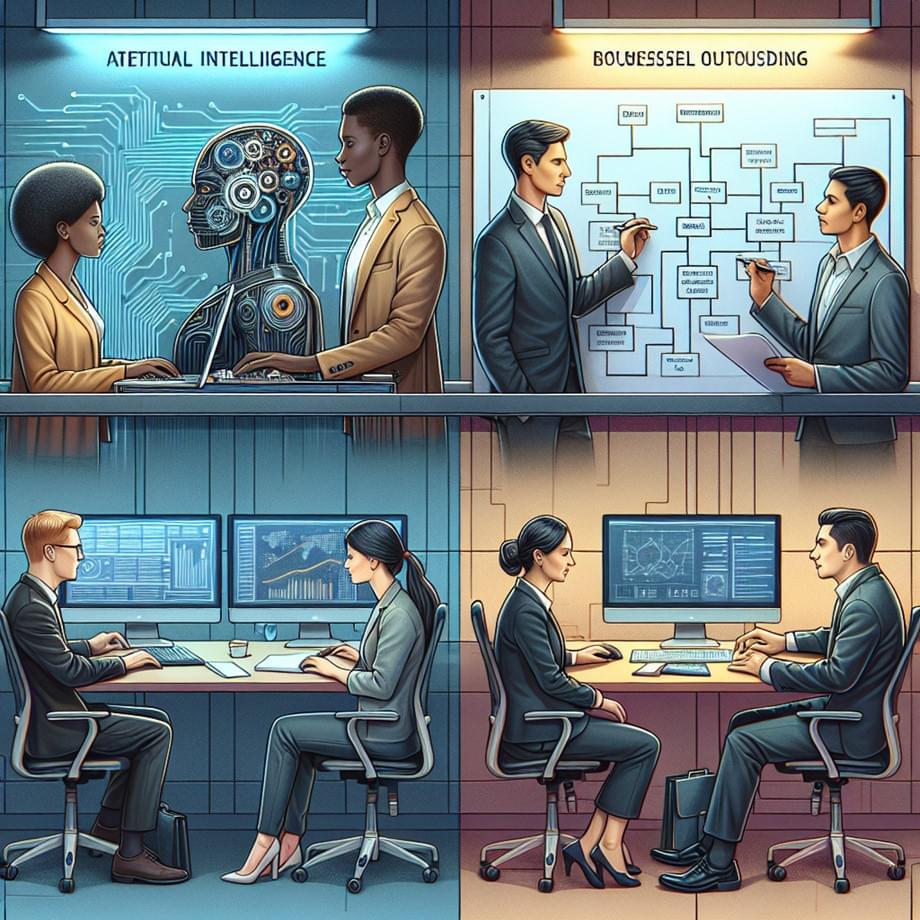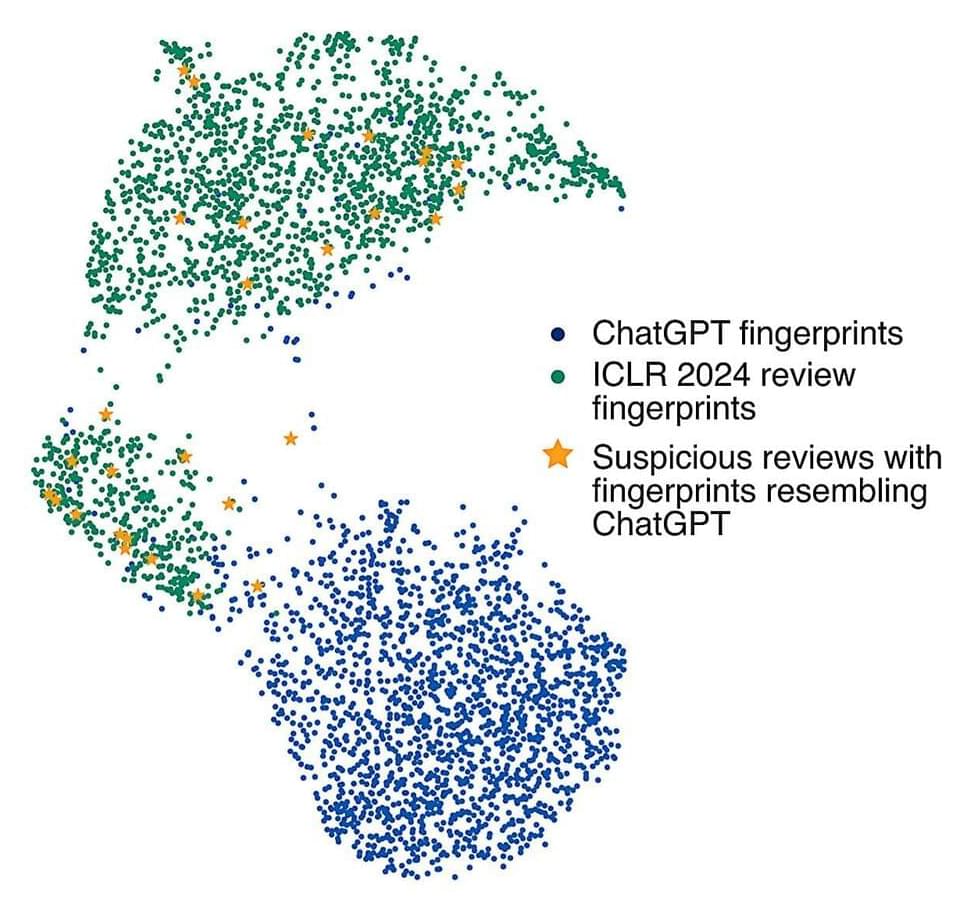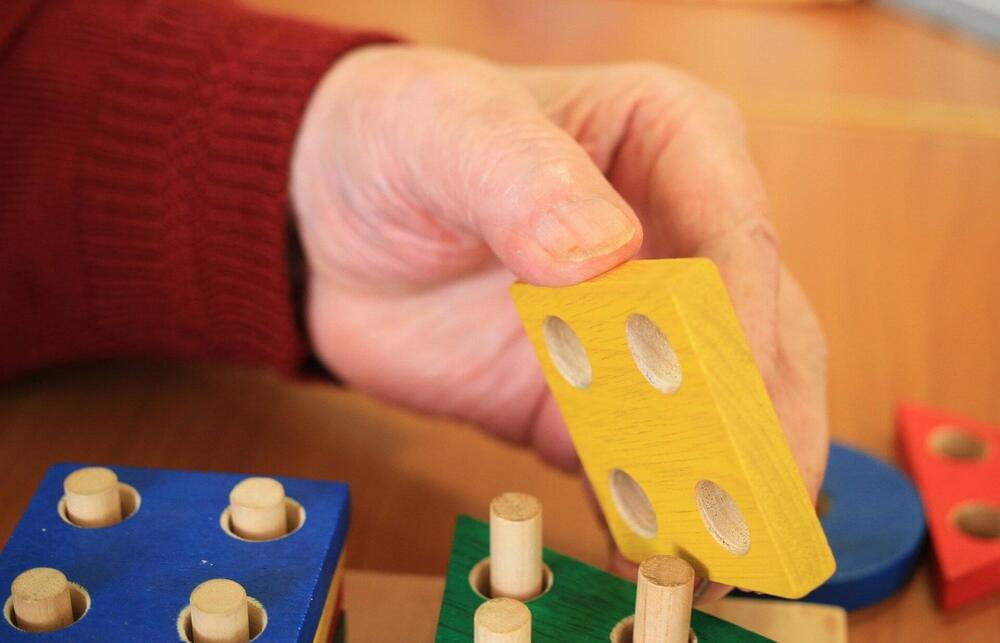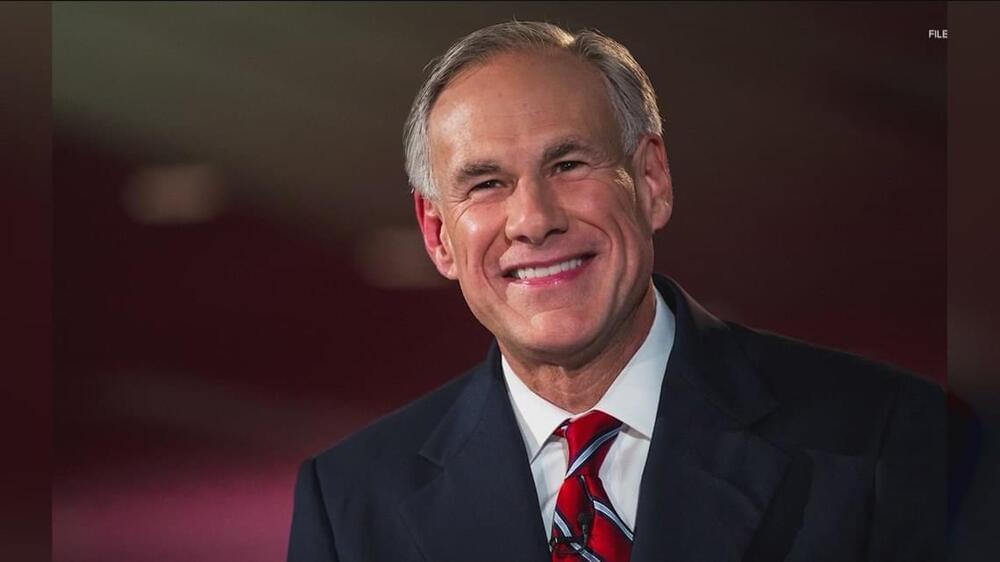A team of physics educators from Italy, Hungary, Slovenia and Germany is focusing on a new approach to teaching quantum physics in schools. Traditional classroom teaching has tended to focus on presenting the history of the origins of quantum physics, which often poses problems for learners.
Using the quantum measurement process as an example, the researchers have now published their first empirical findings on learning quantum physics —based on two-state systems—in Physical Review Physics Education Research.
The researchers, including physics education specialist Professor Philipp Bitzenbauer from Leipzig University, concentrate on what are known as qubits. These are two-state systems, the simplest and at the same time most important quantum systems that can be used to describe many situations. Controlling and manipulating these qubits plays a central role in modern quantum technologies.








